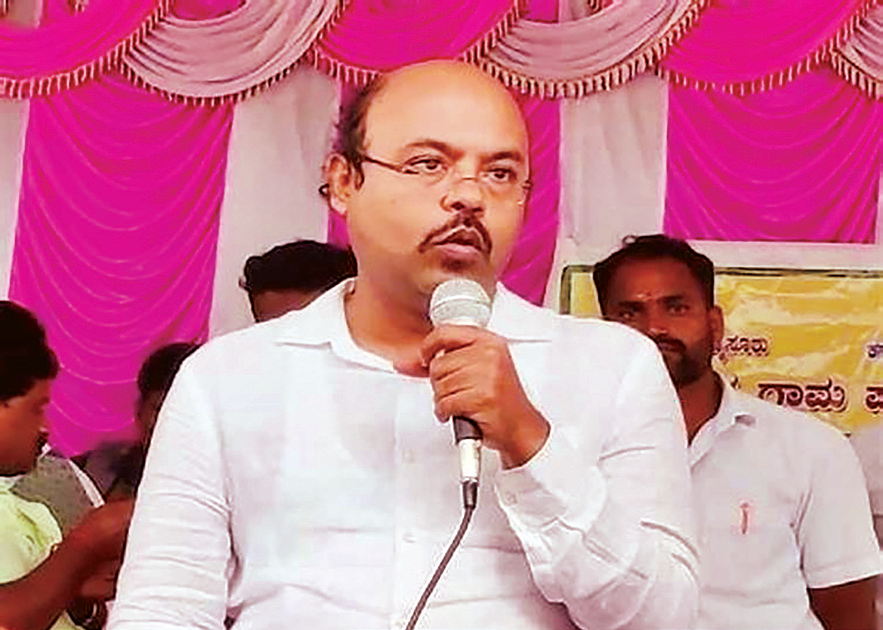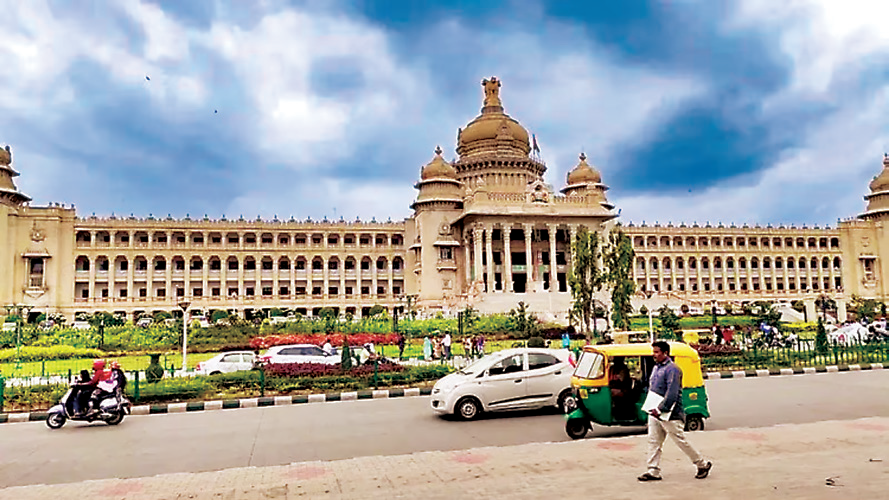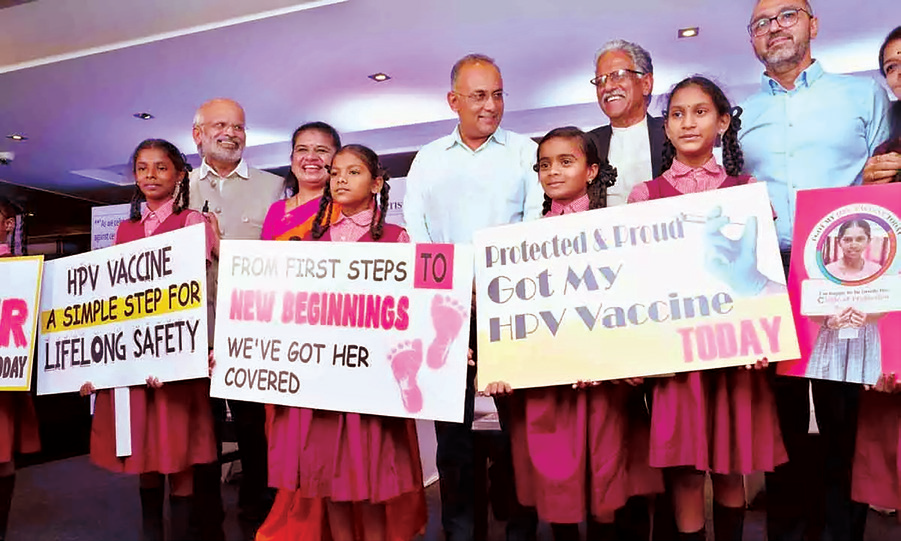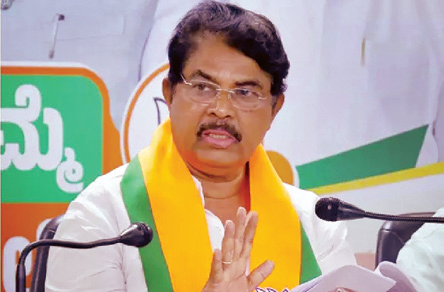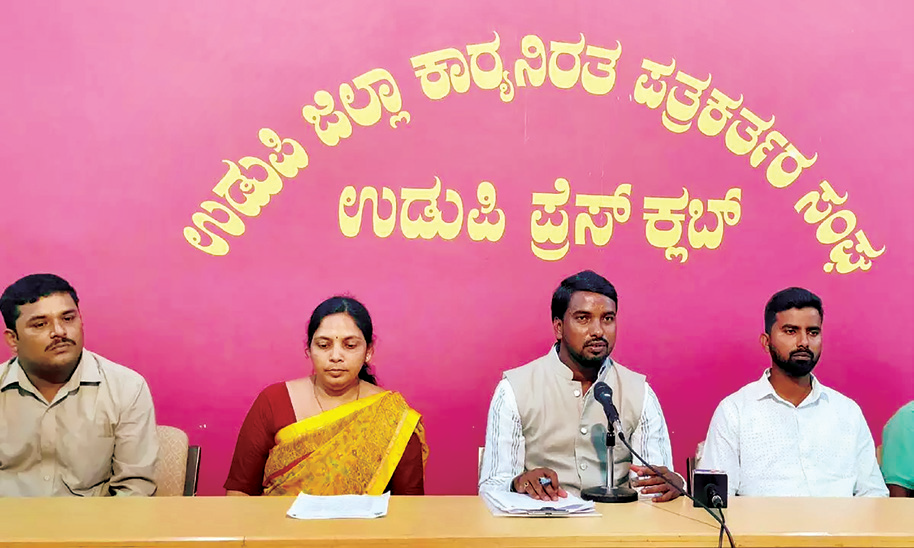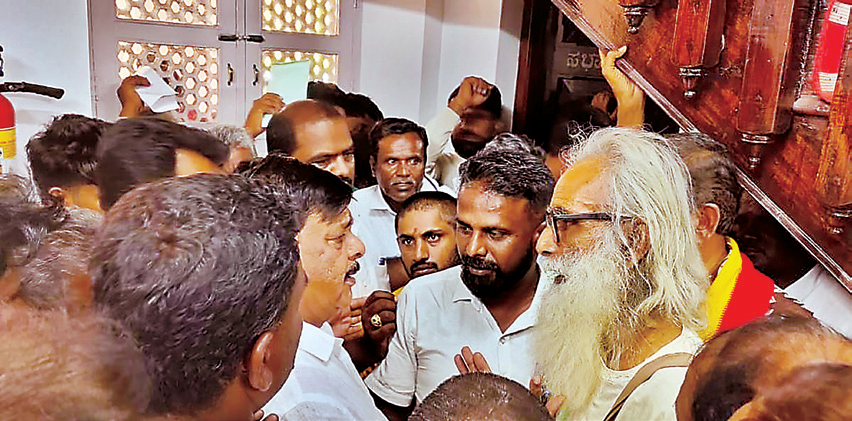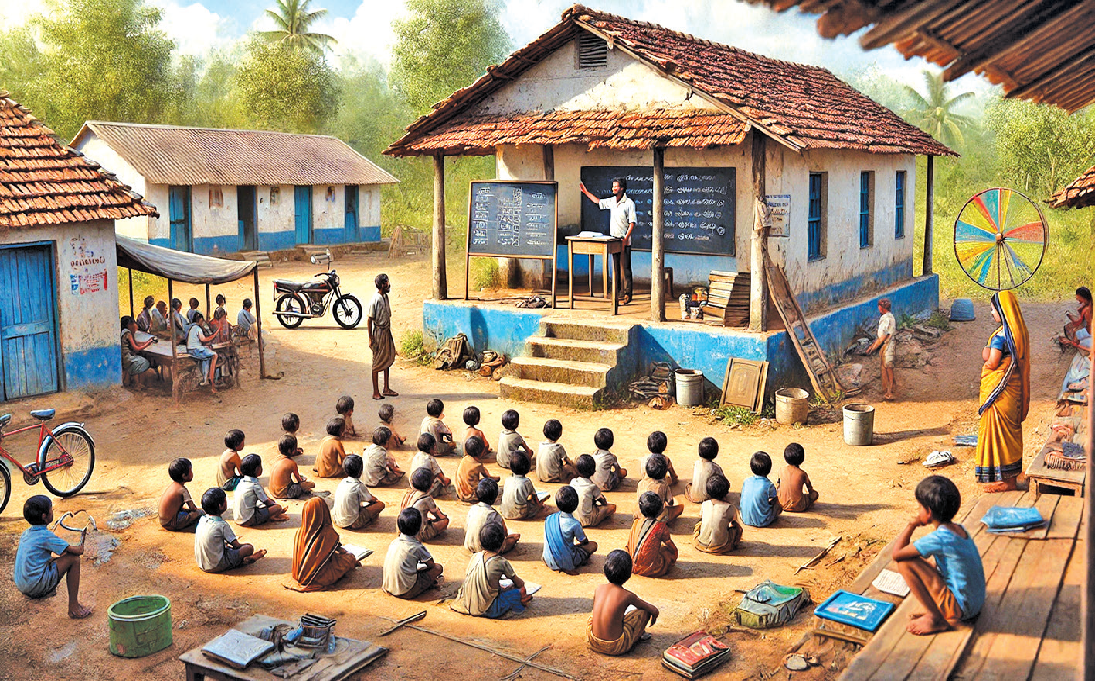
Unfulfilled promises in education, health, childcare: No easy going for K'taka’s marginalised
From inadequate infrastructure to alarming dropout rates, systemic challenges hinder progress in ensuring fundamental rights
Bengaluru: The Right to Education (RTE) Act, 2009, guarantees free and compulsory education to every child between the ages of 6 and 14. However, despite being a fundamental right, the implementation of the RTE Act in Karnataka has been inadequate. While the state has made significant strides in improving access to education, Karnataka continues to grapple with critical issues in health, education, and childcare, which undermine the state’s progress in achieving its Sustainable Development Goals (SDGs).
The state has 69,000 Anganwadis, but 89,637 are required to meet the projected 2023 population of 7.17 crore. Despite high levels of malnutrition among children under six, only 4,000 Koosina Mane (a programme in Karnataka, that provides care for children of working mothers) have been established, leaving a significant gap in daycare facilities. Kathyayini Chamaraj, Executive Trustee at CIVIC, emphasises, “Providing day-care in Anganwadis is crucial for working mothers and to curb malnutrition. All Anganwadis must be upgraded to meet this need.” A 2021 High Court PIL revealed the poor state of infrastructure in Anganwadis, with 21,686 lacking toilets, only 33,146 equipped with electricity, and just 29,560 having fans. Additionally, 69,000 more Anganwadi workers are needed for pre-primary education, and their regularisation as government employees is essential. The RTE Act mandates 25 per cent of seats in private schools for children from weaker sections, yet many schools resist its implementation.
“Charging exorbitant fees or denying admissions defeats the purpose of inclusive education,” adds Kathyayini. The health sector faces a similar crisis, with 32,870 of 69,915 sanctioned posts vacant. Urban areas lack 38 per cent of Primary Health Centres (PHCs), and there’s a 53.26 per cent shortfall in doctors and specialists. Education and health budgets in Karnataka 11 per cent and 4.9 per cent, respectively fall below national averages. Education receives only 2 per cent of GSDP instead of the recommended 6 per cent. A significant funding gap of Rs 14,527 crore exists for primary and secondary education. Kathyayini points out, “Without doubling budgets to at least 30 per cent, systemic challenges cannot be effectively addressed.” The Right to Education (RTE) Act guarantees education for children aged 6-14, yet its implementation remains inadequate.
Karnataka has the highest teacher vacancies in India, with 1,41,358 positions unfilled. Shockingly, 6,158 government schools have a single teacher responsible for 1.38 lakh students. Kathyayini Chamaraj notes, “Many schools lack toilets and classrooms. This discourages attendance.” The dropout rate, particularly among girls, remains alarmingly high due to poverty, child labour, and early marriage. Scholarships and mid-day meal schemes have had some impact, but Kathyayini stresses, “We need holistic measures to ensure children from marginalised communities complete their education.”
 English daily published in Bengaluru & Doha
English daily published in Bengaluru & Doha

